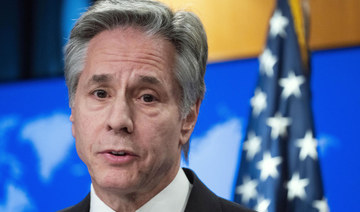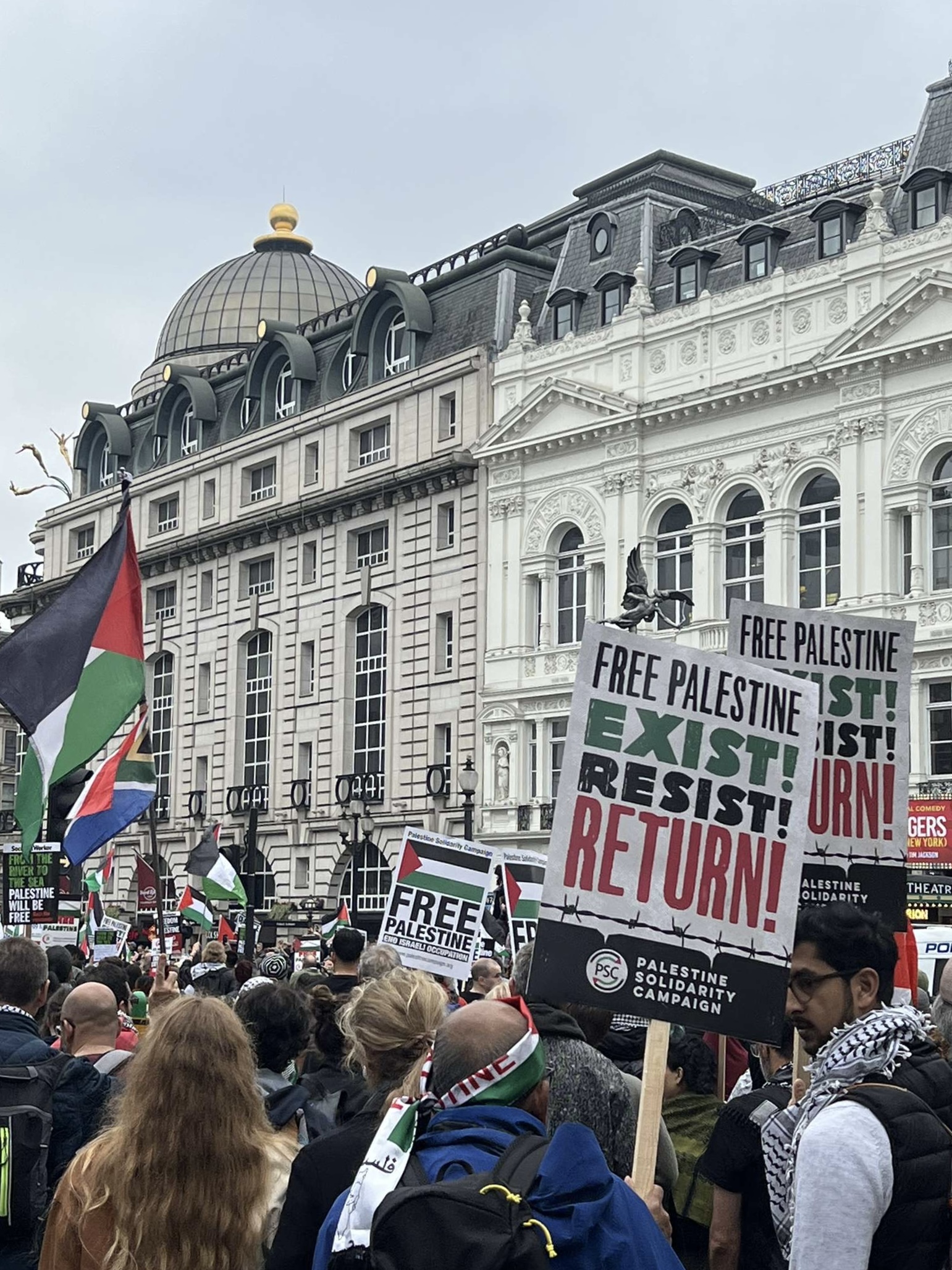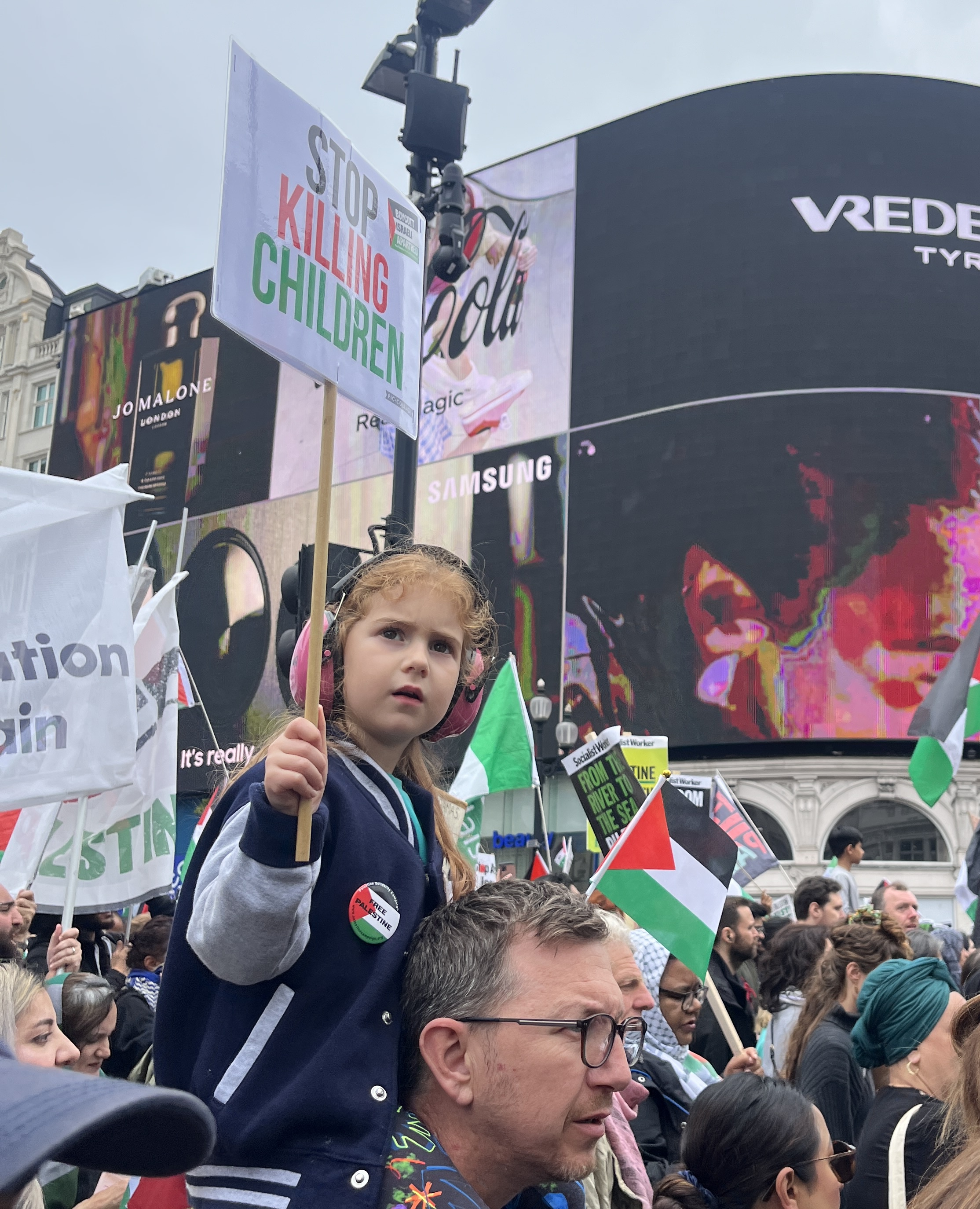NEW YORK: The omnipresent and constantly evolving issue of terrorism occupies a central place on the international agenda. During a recent visit to New York, Sen. Nathalie Goulet, representing Normandy, shared her thoughts on this global scourge and the actions needed to combat it.
The main objective of her visit was to address the issue of terrorism financing. The senator stressed the importance of keeping this issue at the top of the global agenda, despite periods without terrorist attacks, which can lead to a decrease in vigilance. “As long as there are no attacks, terrorism is forgotten, but the fight against terrorism is a daily battle,” she said.
‘No Money for Terror’
Goulet spoke about “No Money for Terror,” a global initiative aimed at combating terrorism financing. Launched in 2017, it is the result of collaboration between several countries and international organizations, including France, the US, Saudi Arabia and Interpol.
The main objective of “No Money for Terror” is to strengthen international cooperation to prevent terrorists from gaining access to the financial resources needed to carry out their activities. To achieve this, the initiative aims to improve information exchange between countries, strengthen financial regulations, and promote the implementation of measures to combat money laundering and terrorism financing.
When asked about the recent attacks in Moscow, Goulet said: “This attack comes against the backdrop of a world that is completely turned upside down. We haven’t had any major attacks in recent months. It’s a painful wake-up call.”
Goulet pointed out the similarities with the tragic events at the Bataclan in Paris. In November 2015, this famous entertainment venue was the scene of a terrorist attack linked to the Islamic State, resulting in 90 deaths and many other injuries.
“Obviously, for the French, it brought back memories of the Bataclan on several levels, because of the location, the violence, and the apparent delay in the arrival of rescue teams. It’s a huge surprise that it struck here and now. (This shows) that the issues of terrorism are constant. There should be no moments of respite. The fight against terrorism is a daily battle.”
Goulet emphasized the crucial importance of information exchange between intelligence services, while warning against the spread of false information “which circulates on the networks to counterbalance real information,” as well as media manipulation.
“Media outlets are weapons of mass destruction,” she warned, insisting on the importance of reliable and, above all, well-constructed information to avoid falling into the trap of fake news on social media networks and “paid channels here and there.”
It is not just about fighting terrorism as it is, but “terrorism via the media, and false information linked to artificial intelligence as well.”
Saudi Arabia’s role
A key point of the discussion was the role of Saudi Arabia, which is “now an important actor and a trusted partner” in the fight against terrorism, a cause to which the “Kingdom pays a lot of attention,” said the senator.
“We have to stop being lazy and linking Saudi Arabia to the terrorism of 20 years ago for one reason or another. Mohammed bin Salman’s Saudi Arabia combats terrorism. Riyadh has a financial intelligence service copied from the French system to combat terrorism financing, which works very well,” she insisted.
She affirmed that “a few years ago, when the coalition took action against the Houthi rebels, the whole world came out blaming Saudi Arabia and the coalition. This same world today is aware of what’s happening in the Red Sea, and no one wants a Hezbollah on their border.”
Necessary legislative framework
Following her meeting with Under-Secretary-General of the United Nations Office of Counter-TerrorismVladimir Voronkov, Goulet highlighted the importance of the parliamentary aspect in this fight.
She also emphasized the need for a strong legislative framework to face the challenges of crypto assets, while promoting more intense parliamentary cooperation.
“When it comes to terrorism, the thief always runs faster than the policeman and faster than the legislator, which means we’re one step behind the creativity of criminals and terrorists,” she said.
The senator, who has made the fight against terrorism financing her main battle, stated: “We’ll have to find ways to ensure that the huge crypto-currency market doesn’t benefit terrorists.”
European parliaments are not well trained to understand all the challenges of crypto assets, which encompass, according to Goulet, “technology, economics, a significant number of interests and, above all, a lot of money.”
Financial crime
When asked about specific measures to strengthen international cooperation, Nathalie Goulet stressed the need to combat financial crime.
She said: “A lot of work needs to be done on this, because terrorism financing channels use these financial crime channels, particularly drugs and human trafficking.
“We talk about immigration, but we never talk about all the money that comes from these migrants who are robbed and used to feed other terrorist channels.
“If you buy a fake Lacoste shirt or a fake Dior bag or a fake Vuitton bag, you’re feeding terrorism financing networks.”
According to Goulet, “not all money laundering finances terrorism, but all terrorism financing involves money laundering,” hence the importance of rigorous banking regulations to combat money laundering.
Education as a means to fight
On a different note, Nathalie Goulet has particularly emphasized the importance of promoting education to counter the spread of extremism in all its forms, including “antisemitism, racism and extremism.”
“Terrorism is not only Islamic. It can also be far-right terrorism in today’s highly destabilized world, where conspiracies play a major role,” she added.
Regarding France’s role, Goulet highlighted the country’s efforts in terms of security, while calling for heightened vigilance against acts of hatred and extremism.
Goulet concluded by stressing the importance of “fighting against extremism, Islamophobia and antisemitism. Anti-Muslim acts have recently increased 30-fold,” while antisemitic acts are also rising exponentially.
With all eyes on the upcoming Paris 2024 Summer Olympic, Goulet concluded by reminding us that “terrorism is a permanent topic in our lives now, and we need to remain very vigilant.”
- This article first appeared on Arab News en Francais



























